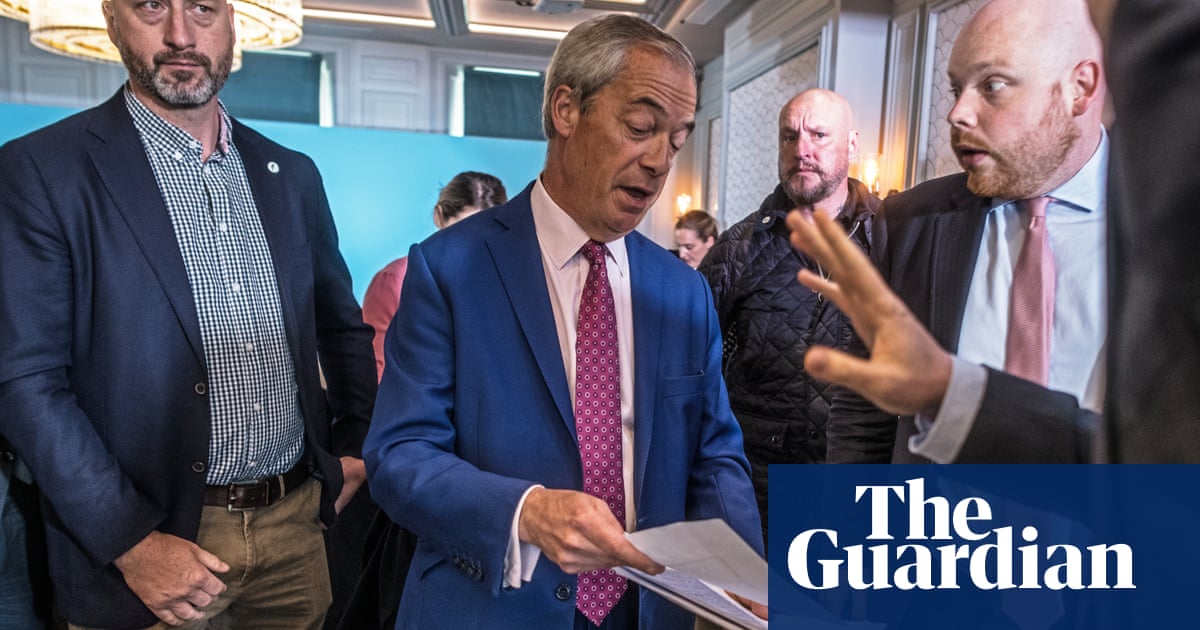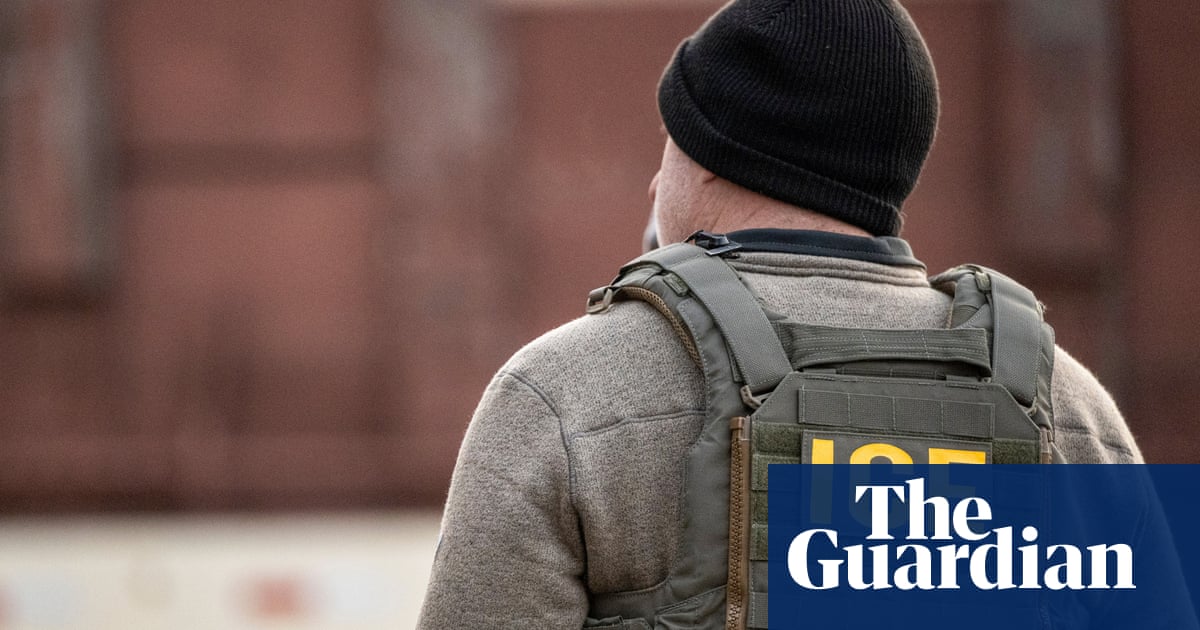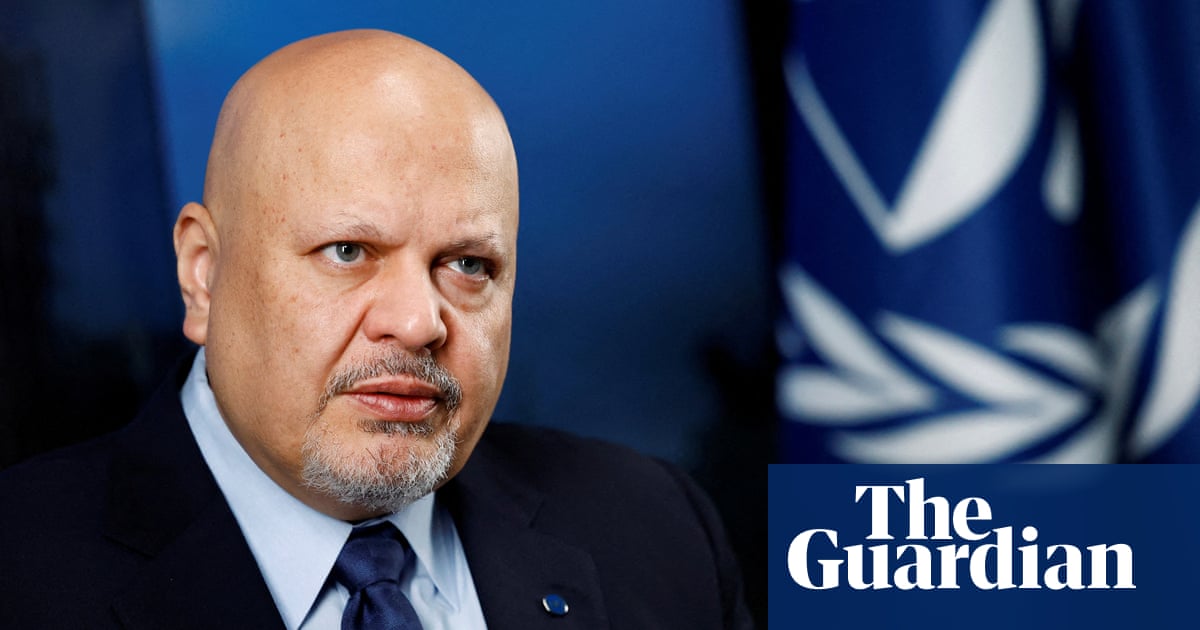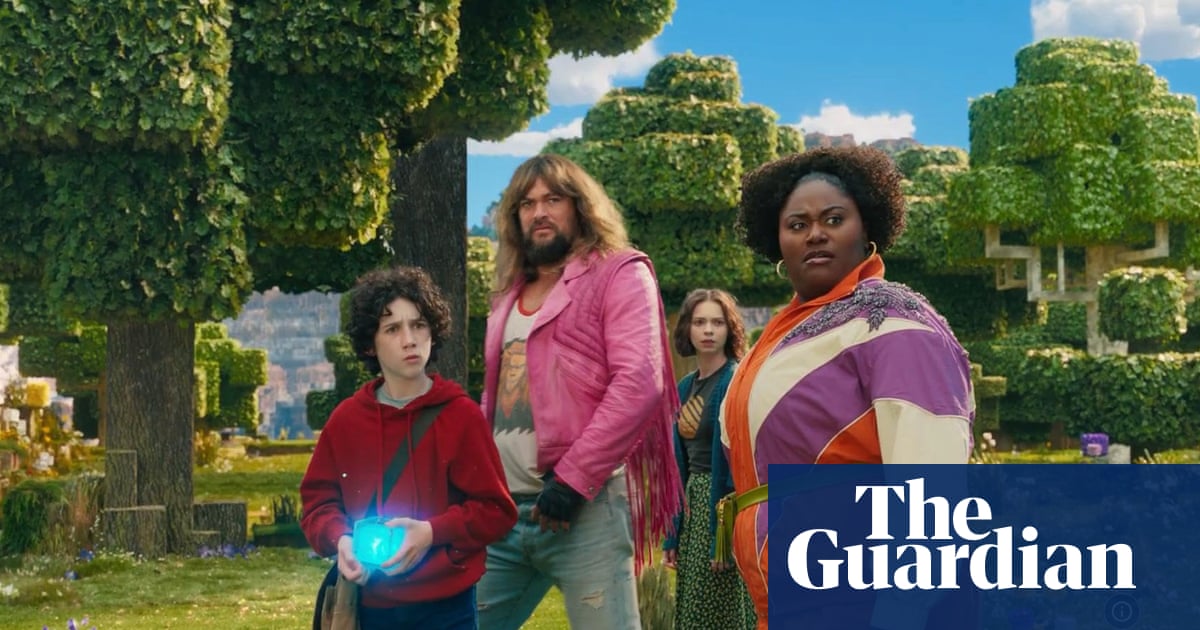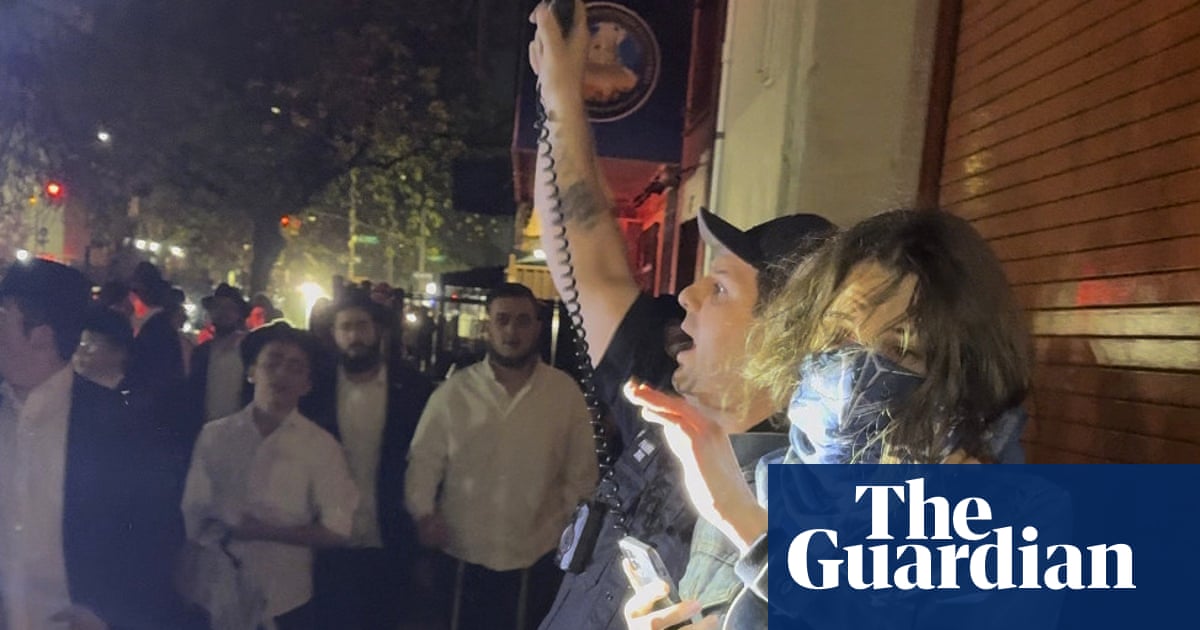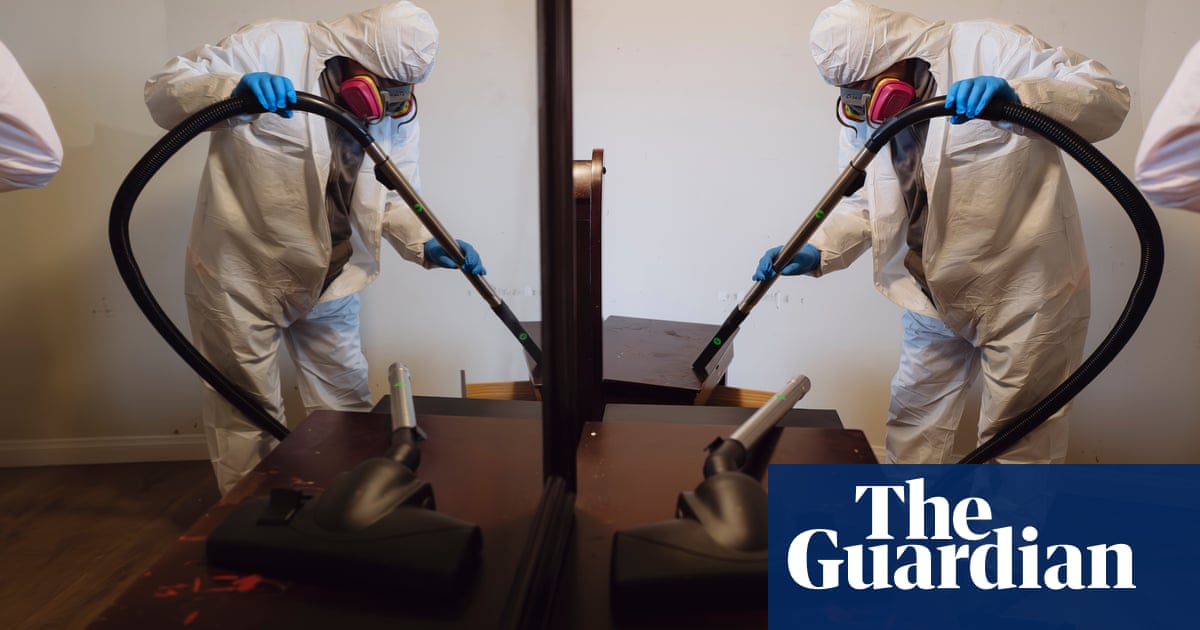The BBC still harbours powerful figures who can abuse their position “to make life for their colleagues unbearable”, the corporation’s chair has said.
Samir Shah’s warning came as the broadcaster announced an overhaul of workplace culture after a series of high-profile cases.
He made the admission to staff after the BBC accepted a series of reforms recommended in an independent review, which began work after the conviction of Huw Edwards for accessing indecent photographs of children.
The review found that the BBC does not have a toxic workplace culture, but must intervene earlier when allegations of inappropriate behaviour emerge. “There is a minority of people whose behaviour is simply not acceptable,” Shah told staff as the review was published. “And there are still places where powerful individuals – on and off-screen – can abuse that power to make life for their colleagues unbearable.”
He added: “In the end, it’s quite simple: if you are a person who is prepared to abuse power or punch down or behave badly, there is no place for you at the BBC.”
Insiders described the overhaul as the “single biggest set of cultural changes the BBC has ever delivered”. There will be a refreshed code of conduct, specific guidance for on-air presenters and updated employment and freelance contracts “to set out clear expectations around behaviour”.
It follows high-profile cases of alleged bullying and inappropriate behaviour. At the time the report was commissioned, the BBC was also hit with allegations of bullying on Strictly Come Dancing by the actor Amanda Abbington. In November, the presenter Gregg Wallace announced he would step away from his role on MasterChef after the BBC received complaints about alleged misconduct.
The review found there were some staff who believed there were a minority of people at the BBC – on and off-air – who were in effect allowed to behave unacceptably.
“Even though they are small in number, their behaviour creates large ripples which negatively impact the BBC’s culture and external reputation,” the report concluded.
It is the latest attempt by the BBC to reform internal culture after a watershed report in 2013 that followed the Jimmy Savile scandal. Ever since, BBC chiefs have talked of having a “zero-tolerance” approach to bad behaviour. Insiders have said that internal processes had already improved significantly over the last decade.
As a result of the review, carried out by consultancy firm Change Associates, the BBC will alter how concerns and cases are managed, try to identify issues sooner and conduct and add wide-ranging training development and support for staff.
Tim Davie, the BBC’s director general, said: “The action we are taking today is designed to change the experience of what it is to be at the BBC for everyone and to ensure the values we all sign up to when we arrive here – the values that, for most of us, are what made us want to come to the BBC in the first place – are lived and championed by the whole organisation each and every day.”
BBC bosses will be hoping the findings will allow it to move on from some recent high-profile cases. Wallace was the subject of several allegations, including from the presenter Kirsty Wark, who was a Celebrity MasterChef contestant in 2011 and alleged that Wallace told “sexualised” jokes during filming.
after newsletter promotion
Last week, Wallace requested “space to heal” after telling the Daily Mail that the allegations were “not all true”.
In February, the BBC said it “fell short and failed people” – including its own staff – after an external review found alleged “bullying and misogynistic” behaviour by its former Radio 1 DJ Tim Westwood. It was accused of missing opportunities to act sooner. The inquiry had been triggered by a 2022 Guardian and BBC News joint investigation into the DJ’s behaviour.
Westwood all the allegations, with a spokesperson saying they were “completely false”.
Last summer, the Match of the Day and the One Show presenter Jermaine Jenas was sacked by the BBC over allegations he sent unsolicited messages to a female colleague.
Philippa Childs, head of Bectu union, welcomed the BBC’s acceptance of the review’s recommendations. “Repeated and historical scandals involving senior talent at the BBC exposed an organisation in need of a full rethink of its culture,” she said.
Childs added: “We hope this report serves as that moment. The commitment to draw a line in the sand must not be an empty promise. BBC staff and freelancers, and the wider public, need demonstrable evidence that the BBC is fully committed to improving how it handles reports of inappropriate behaviour, and we will be holding the BBC to account to ensure if follows through on implementing the report’s recommendations.”

 4 hours ago
9
4 hours ago
9

